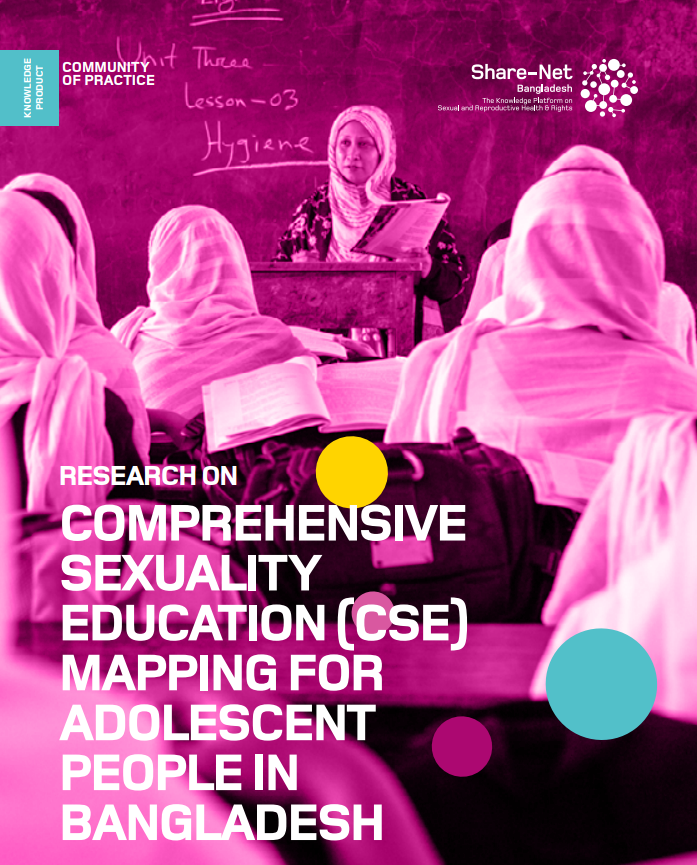
Comprehensive sexuality education provides essential knowledge and life skills. These not only consist of information on safe sex and pregnancy prevention, not to mention cognizant of bodies and limits, respect for others, diversity, and consent. Numerous studies demonstrate the effectiveness of Self-reported risk behaviours associated with CSE (such as reduced frequency of sex, delayed commencement of sex, fewer partners, more condom usage, and/or other methods of birth control). Comprehensive sex education offers important information and practical skills. These not only include advice on healthy sexual behaviour and contraception, but besides being aware of bodies and boundaries, respect for diversity, consent, and other people. Numerous research supports the efficacy of Self-reported risky habits connected to CSE (such as diminished sexual activity, delayed initiation of sex, fewer relationships, increased condom use, and/or other birth control techniques).
Adolescence is a period of transition in a person’s physical, emotional, and cognitive development that starts before puberty sets in and lasts until adulthood (UNICEF, 2014). This study examines the state of Bangladesh’s National Curriculum and Textbook Board (NCTB) curriculum on Comprehensive Sexuality Education (CSE) and provides a summary of the literature on the requirements of adolescents concerning sexual and reproductive health (SRH). Additionally, this evaluation study emphasizes the value of CSE and how sex education is essential to the growth of teenage life.
Comprehensive sexuality education (CSE) offered in schools is essential for fostering young people’s health and well-being. Countries all over the globe have long been interested in ensuring that students have access to some kind of sexuality education, known by different names in different contexts, frequently in response to urgent health and social issues like high HIV prevalence or early and unwanted pregnancy. This topic has frequently evolved in more recent years into one that covers a wide range of issues throughout several years. Since there is increasing evidence of the benefits of sexuality education, in addition to research guiding optimal practice, several nations have worked to broaden the scope of sexuality education and increase coverage to reach all students at various phases of their schooling. Progress has been accomplished in many nations across the world, despite
variations and setbacks in some situations.
Considering the situation, research on Comprehensive Sexuality Education (CSE) Mapping for Adolescent People in Bangladesh has been conducted by SERAC-Bangladesh with the support of Share-net Bangladesh and Red Orange Media and Communication. Followed by this report, a youth declaration has been developed and presented at SRHR Knowledge Fair 2022. This evidence-based initiative is led by SM Shaikat, Executive Director at SERAC Bangladesh with another team member Tasnia Ahmed, Program Manager of SERAC Bangladesh.
For more details, check the report and youth declaration below: